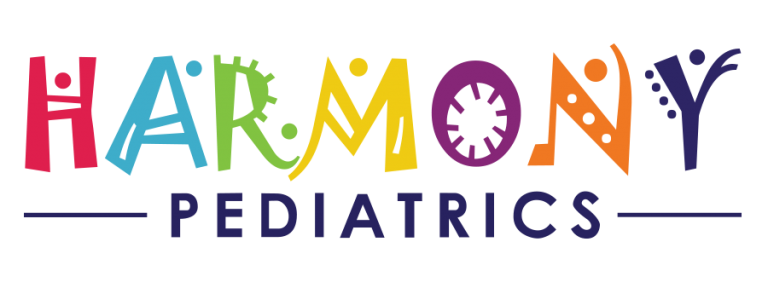The following is for children who do not have chronic illnesses or special circumstances. Those patients have been given specific instructions about fever for their own care.
Fever is a normal inflammatory response to an infection. Fever helps the body fight the infection and the fever will only ‘break’ when the virus or bacteria is gone.
Fever can be controlled by acetaminophen or ibuprofen, but again, they will not ‘break’ the fever. Giving these medications can make your child feel more comfortable. NEVER give any child under the age of 14 years any aspirin containing products like Bayer, Goody’s, Excedrin, Pepto-Bismol, or Alka-Seltzer.
Body temperature always goes up at night. After 4PM is when the body’s temperature will go up. If your child has a fever, it will always start after 4PM. After 4AM, your body temperature starts to decrease; therefore, a fever will always ‘go away in the morning’. IF there is no fever after 4PM, then you know the fever has broken, and your child can go to school the next day.
Fever is an internal body temperature. In order to cool the body temperature down, it is best to get the stomach cold. Give your child cold juice or ice water. Once the stomach is cold, the body temperature lowers. Placing cold wash cloths on your child’s skin or giving them a cool bath, will only make the skin cold, but the inside is still hot. Now your child may be miserable, because they are cold and hot.
For any illness, the goal is hydration. The more your child drinks, the faster it can ‘flush’ the germ out of the body. Drinking cold water does two things: 1. It allows your child to be hydrated 2. It lowers the body temperature and reduces the fever.
I do not treat a ‘number’. I treat the ‘attitude’. Some kids can tolerate temperatures at 105 very easily and are running around and playing. Some kids will be listless at a temperature of 100. Please treat the ‘attitude’ and not the ‘number’. If your child is uncomfortable, they will not drink, and then become dehydrated. Remember, the goal is hydration. Whatever it takes to allow your child to drink more is what I want you to do. If making them comfortable with acetaminophen or ibuprofen works, then please give them the medication. I do not recommend alternating between acetaminophen and ibuprofen. Use one and stick with it.
Symptoms associated with a fever include a high heart rate, rapid breathing, red/flushed skin, and red burning eyes. These symptoms are because the blood vessels are dilating and trying to reduce body heat. These symptoms are normal with a fever and not to be overly concerned with. Once the body temperature is lowered, these symptoms will naturally go away.
Specific age-related recommendations:
Birth to 2 months: A RECTAL body temperature above 100.4 F / 38 C needs immediate medical attention. No medications. Just call me or go to the nearest emergency room. Do not give cold water to drink. Only breastmilk or formula as their usual diet.
2 months to 6 months: Fever is a RECTAL temperature > 101 F / 38 C. You can give acetaminophen based on weight every 4 hours. Your child needs to urinate once every 6 hours. A temperature for greater than 3 days needs to be seen in the office. Do not give cold water to drink. Can give cold formula or Pedialyte.
6 months to 12 months: Fever is a RECTAL temperature > 101 F / 38 C. You can give acetaminophen every 4 hours or ibuprofen every 6 hours based on weight. Your child needs to urinate once every 6 hours. A temperature for greater than 3 days or a temperature above 103 F / 39 C needs to be seen in the office.
12 months to 24 months: Fever is a RECTAL temperature > 101 F / 38 C. You can give acetaminophen every 4 hours or ibuprofen every 6 hours based on weight. Your child needs to urinate once every 8 hours. A temperature for greater than 5 days or a temperature above 105 F/ 40 C needs to be seen in the office.
Over 2 years: Fever is >101 F/ 38 C. Body temperature can be measured temporally (forehead), orally, or under the arm. Ear thermometers are not accurate. Rectal temperature is not needed. You can give acetaminophen every 4 hours or ibuprofen every 6 hours based on weight. Your child needs to urinate once every 12 hours. A temperature for greater than 5 days or a temperature above 105 F / 40 C needs to be seen in the office.
The following symptoms need immediate attention:
If your child is not urinating the recommended amounts as above.
Throws up more than twice.
No tears when crying/dry lips/mouth.
Has a new rash
Complains of a stiff neck
Continued pain in any part of the body (ears, throat, head, stomach, bladder)

